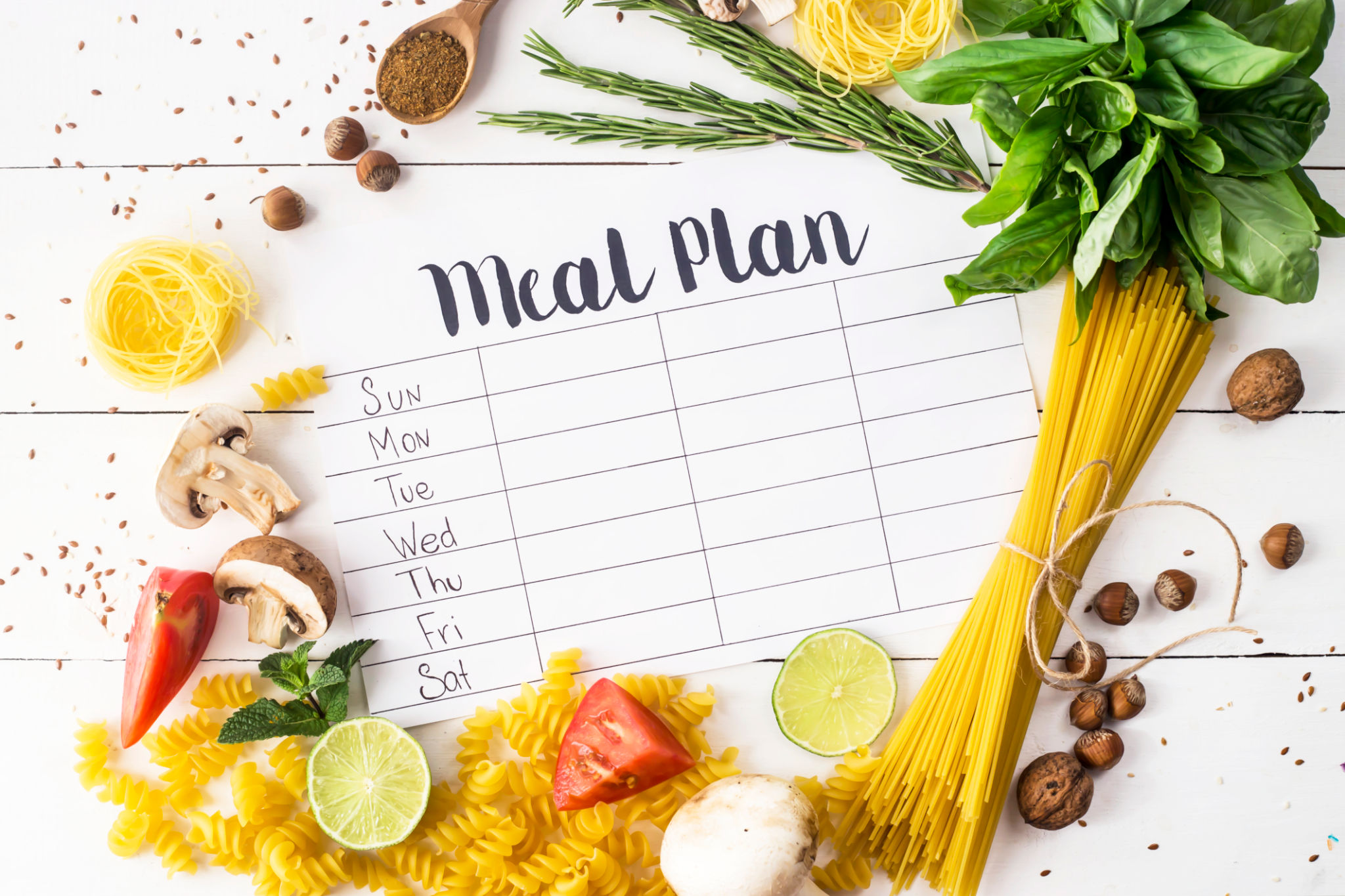How to Set and Achieve Your Fasting Resolutions
Understanding Fasting Resolutions
Fasting has gained popularity not only for its potential health benefits but also as a way to practice discipline and mindfulness. Setting a fasting resolution can be a powerful step towards a healthier lifestyle, but achieving it requires planning and commitment. This blog post will guide you through the process of setting and achieving your fasting resolutions effectively.

Define Your Goals
The first step in setting a fasting resolution is to clearly define what you want to achieve. Are you aiming for weight loss, improved mental clarity, or spiritual growth? Knowing your goals will help you choose the right type of fasting and stay motivated. Write down your goals and keep them visible as a reminder of why you started this journey.
Choose the Right Fasting Method
There are various types of fasting, each with its own benefits and challenges. Some popular methods include:
- Intermittent Fasting: Alternating between periods of eating and fasting.
- Time-Restricted Eating: Eating within a specific time window each day.
- Extended Fasting: Abstaining from food for more than 24 hours.
Select a method that aligns with your goals and lifestyle. It's essential to start with a manageable plan to avoid overwhelming yourself.
Plan and Prepare
Preparation is crucial for fasting success. Begin by setting a realistic schedule that accommodates your daily routine. Stock up on healthy foods for non-fasting periods, and plan meals that are nutritious and satisfying. Additionally, educate yourself about the fasting process to understand what to expect.

Track Your Progress
Keeping track of your fasting journey can provide insights into what works best for you. Use a journal or an app to record your fasting windows, how you feel, and any challenges you face. This information can help you make adjustments and improve your fasting practice over time.
Stay Hydrated
Hydration is crucial during fasting periods. Make sure to drink plenty of water throughout the day to stay hydrated. Herbal teas or black coffee can also be consumed if they align with your fasting plan. Staying hydrated helps maintain energy levels and reduces hunger pangs.

Listen to Your Body
Your body is your best guide during fasting. Pay attention to how you're feeling both physically and mentally. If you experience severe discomfort or negative side effects, it might be necessary to adjust your approach. Remember that fasting should improve your well-being, not compromise it.
Maintain Consistency
Consistency is key to achieving any resolution, including fasting. Stick to your chosen method and schedule as much as possible, even if results aren't immediately apparent. Over time, consistency will lead to the desired outcomes and help establish fasting as a sustainable part of your lifestyle.
Celebrate Your Achievements
Finally, don't forget to celebrate your milestones along the way. Recognizing your progress reinforces positive behavior and keeps you motivated. Whether it's completing a week of intermittent fasting or noticing improved energy levels, take a moment to acknowledge your achievements.